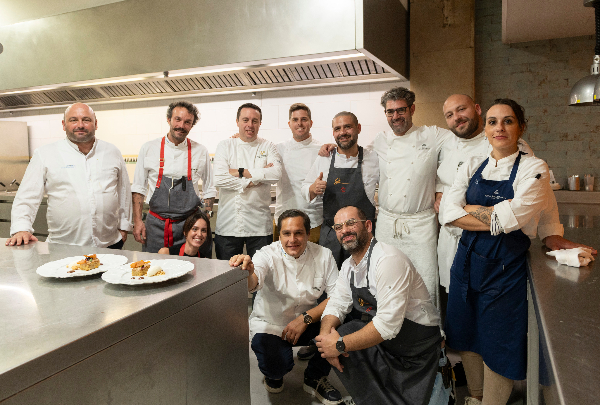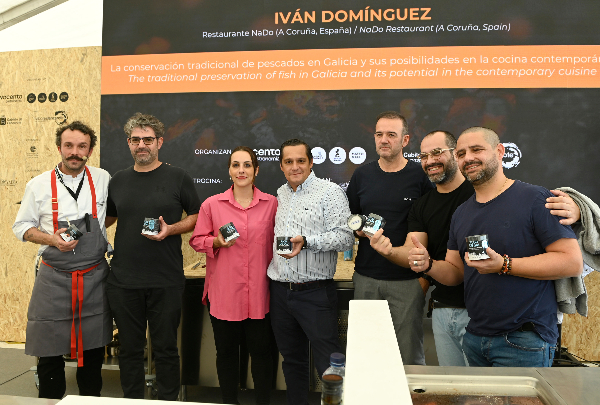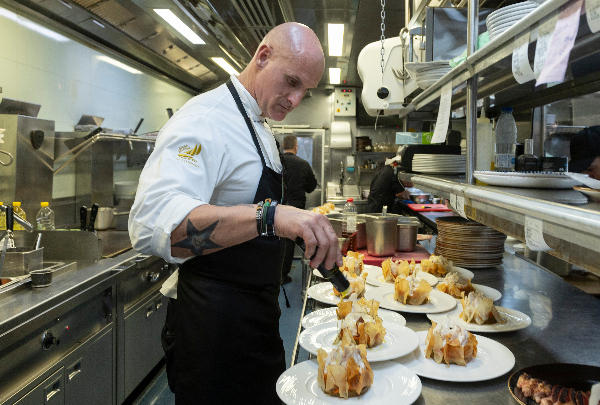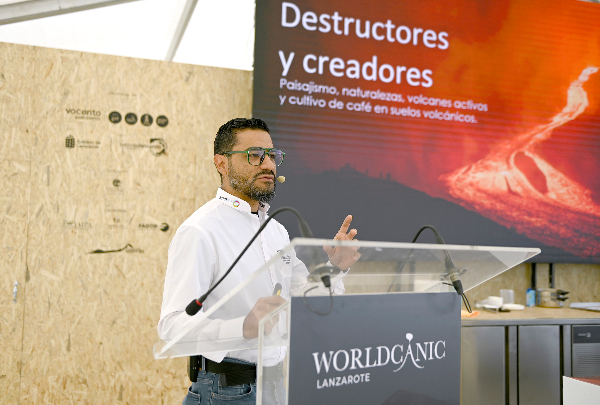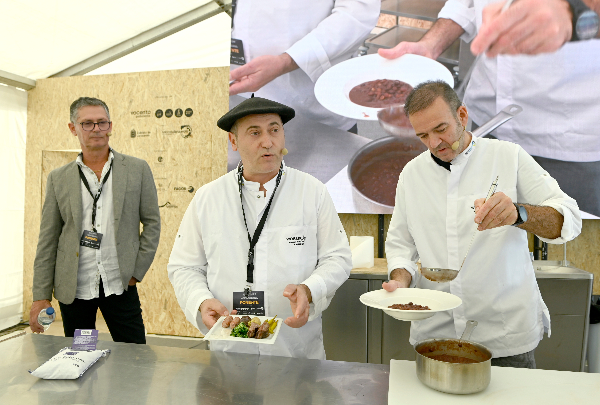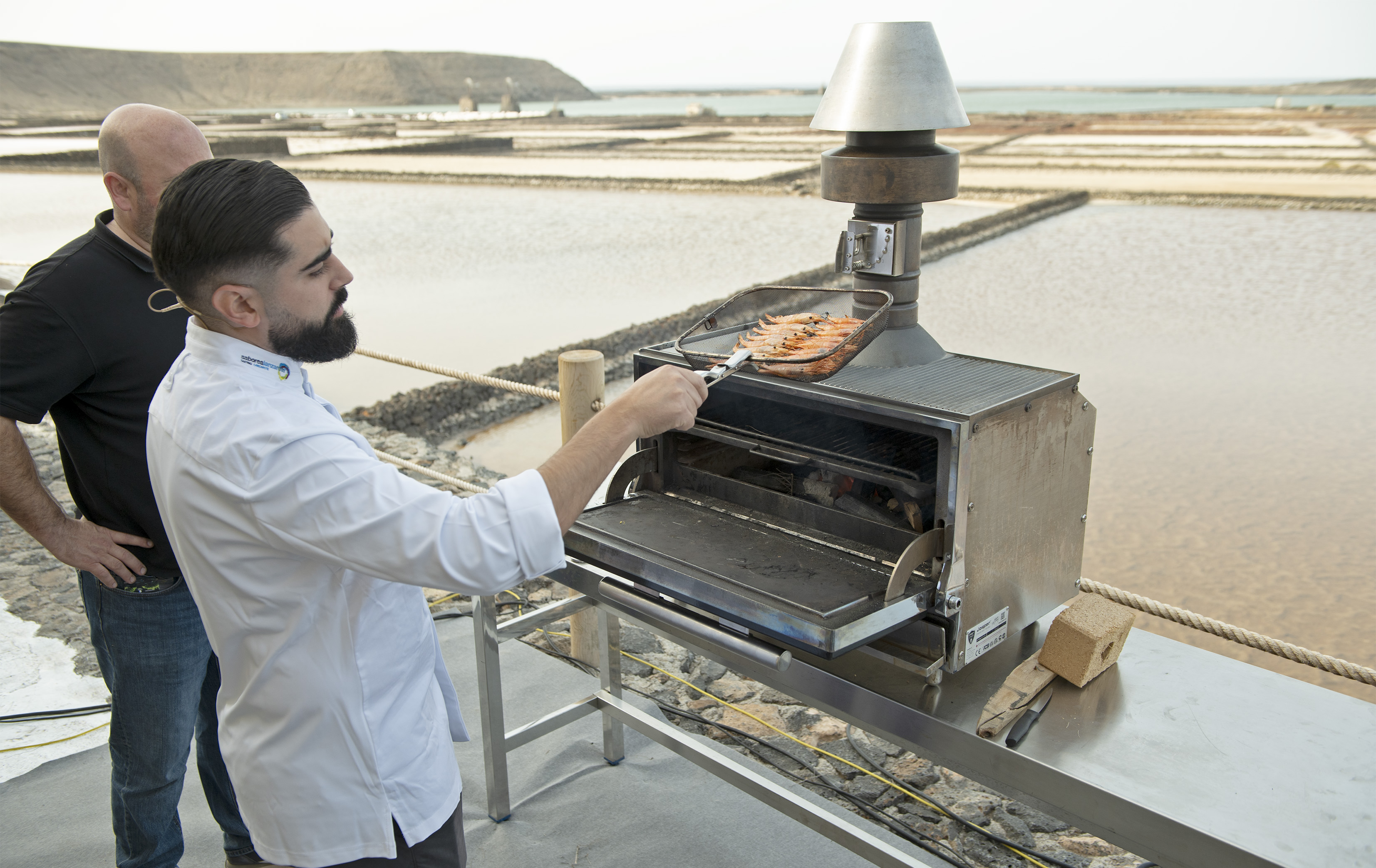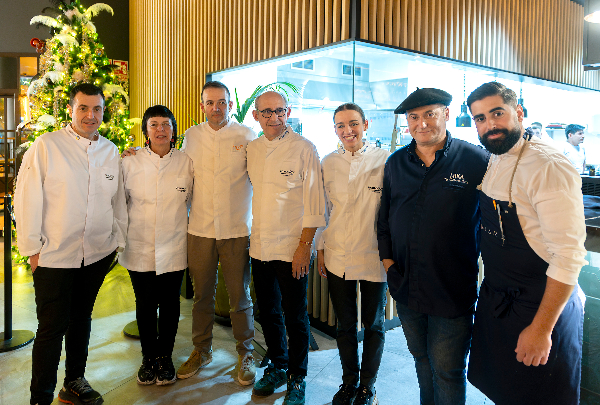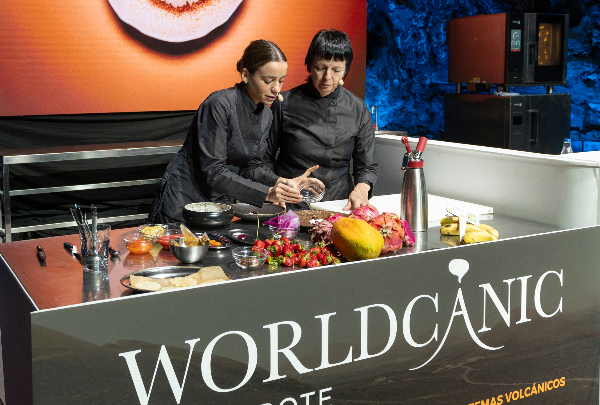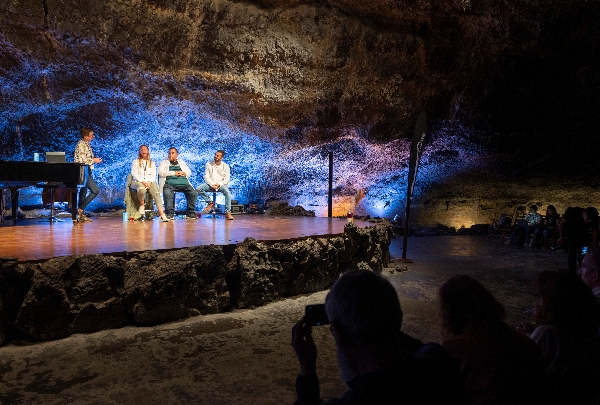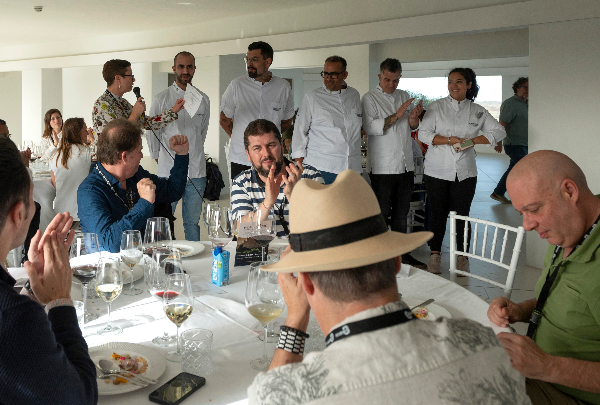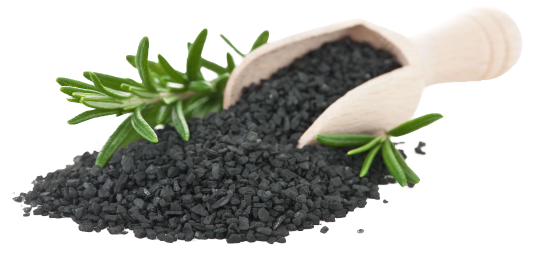News
"We need to pay more attention to an industry that has been going downhill since the cold weather arrived".
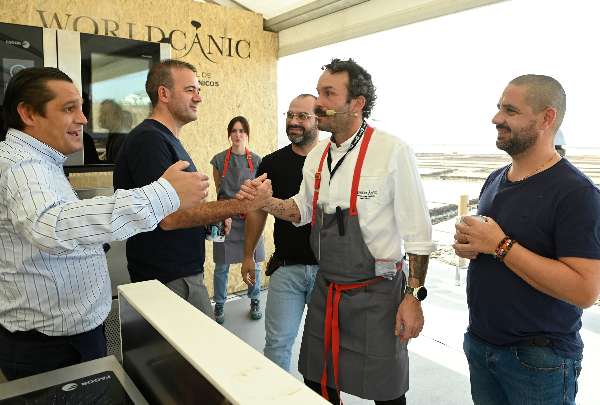
Framed in the Salinas del Janubio, a concerned Iván Domínguez gives a practical lesson in traditional preservation, a technique he sees falling into disuse every day.
Lanzarote's salt flats were not only an important source of local employment, but also vital for an island that was slow to adopt refrigeration technology. Just as salt was the best ally for Galician sailors to preserve the fruits of their endless labour. Galician chef Iván Domínguez, who spent seven years on board a ship before making a name for himself on land with his restaurant NaDo (A Coruña), is well aware of this.
Despite being one of the best representatives of the new Galician cuisine, Iván is committed to changing a trend that saddens him deeply, "because the arrival of the cold weather has meant that younger palates no longer accept food in brine or salted, methods that I believe in and practice", he asserts, demanding that "we all, prescribers, consumers and chefs, are responsible for the fact that this industry no longer makes money, causing the disappearance of good producers; we must give it back the value that it really has". In love with his land and its traditions, he is the champion of the Atlantic Cuisine label, which he shares with the Canary Islands, "although we need to start giving it a surname, as factors such as landscape, culture and history create differences".
Masterful demonstration
According to Iván, "preserving is part of a culture", and his Galician culture has salt as a defining element of its gastronomy. "At NaDo, we achieve a more uniform curing by avoiding direct contact between the food and the salt," he explained, showing off an appetising loin of pintado beef that had reached its optimum point of maturity. He also showed a lemon "from the Vedra area, extraordinarily aromatic, although not so sweet", which he cured in brine and whose juice he used to cure fish and seafood. He demonstrated this in a dish of pickled cocochas, which he grilled on a leaf of salted sea lettuce, creating a delicious crunchy symbiosis between the two.
He also surprised the audience with a 36-hour curing of a 9-kilo sea bass using the juice of codium, "the only seaweed that has water". He also used his escabeches, a technique he has used with razor clams, and mussels bathed in his own emulsion, made from the broth of fish heads and paprika. Finally, he prepared a caldeirada of salted parpatana, "a boat dish", with the skin blanched and cooked briefly in a stew of black potatoes, onion and green pepper, "to prevent the flavour from escaping". In this way, Iván has demonstrated the many possibilities that preserves have in today's cuisine, "although I believe they must be prepared in the restaurant, because the chef's hand is transcendent".

